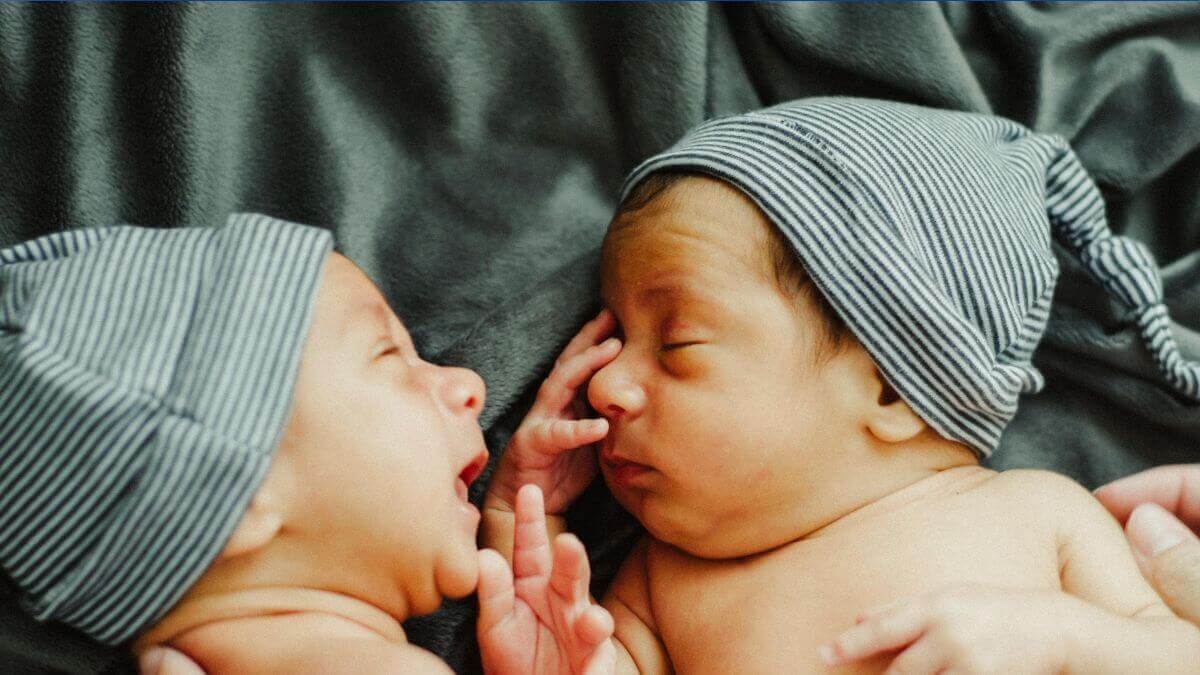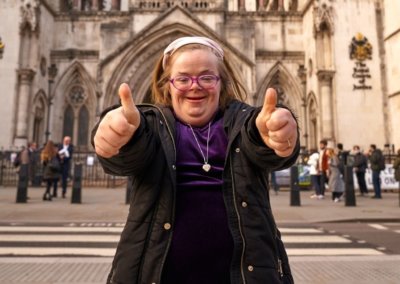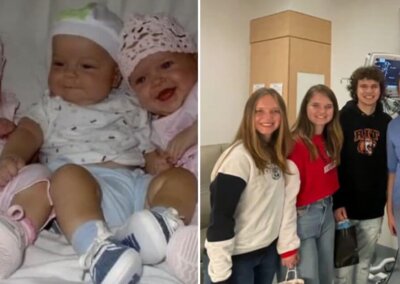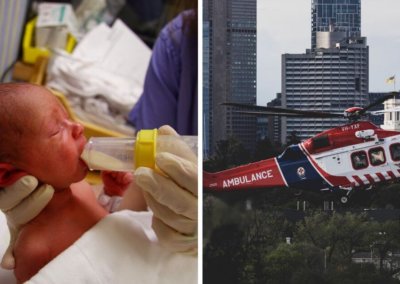The Norwegian Parliament voted to introduce legislation requiring women pregnant with twins, triplets or more to obtain permission from a medical board if they want to abort one foetus or more.
On the 13th June, having debated through the night, a majority in the Norwegian Parliament voted to add a minor restriction to Norway’s long-standing abortion law.
A total of 105 Members of Parliament voted in favour of the change, including members of the four government parties plus several MPs from the rural-oriented Center Party. A total of 64 MPs voted against the law proposal.
The vote followed months of debate where Prime Minister Erna Solberg (who is a supporter of abortion) was ultimately forced to make the concession on abortion in order to form her coalition government.
Under Norwegian law, abortion is available without restriction up to 12 weeks of pregnancy and up to 18 weeks with minor restrictions. After this point, if the baby can survive outside of the womb, abortions are not permitted unless the life of the mother is in danger.
This new law in Norway requires the permission of a medical board before a woman can have an abortion if she is carrying multiple babies. This procedure is known as ‘foetal reduction’ or ‘selective termination’. If a woman is carrying twins or triplets and wants an abortion, a medical board must be consulted.
The pro-abortion leader of Norway’s Labour Party, Jonas Gahr Støre, strongly opposed the new law, apparently amidst concerns about Alabama’s new pro-life legislation making its way to Norway. Per-Willy Amundsen, a conservative MP, called the “adjustments” to the law “completely natural and defensible changes. They address some ethical problems that are relevant to the highest degree.”
The decision went against the advice of some doctors, who claim that the procedure may carry risks for the health of both the mother and the remaining baby.
“We have not found any medical benefit from this,” Dr Birgitte Heiberg Kahrs, a specialist in fetal medicine at St Olav’s Hospital in Oslo. “On the contrary, it exposes the second child in the womb to danger as the abortion risk increases.”
“Our recommendation was that this should only be allowed for twins if one fetus showed developmental abnormalities, and that it should be done between weeks 12 and 14 to reduce the abortion risk.”
Multifetal pregnancies are becoming increasingly common as a result of IVF treatments, although selective reduction is more commonly carried out when there are three or more fetuses.
Clare McCarthy of Right To Life said:
“In England and Wales in 2018, there were 111 foetal reduction abortions out of a total of 200,608 abortions. Over the same time period in Norway there were in 12,380 abortions. If similar proportions of women seek foetal reduction in Norway, it is likely therefore that the number of women seeking foetal reduction abortions is extremely small, probably less than 10.
“This is an extremely minor concession which will affect a tiny number of pregnancies, but does have the potential to save the lives of babies. We therefore welcome this change and hope that it is seen by Norway as a starting point for the introduction of further protections for unborn children and more support for pregnant mothers.”












